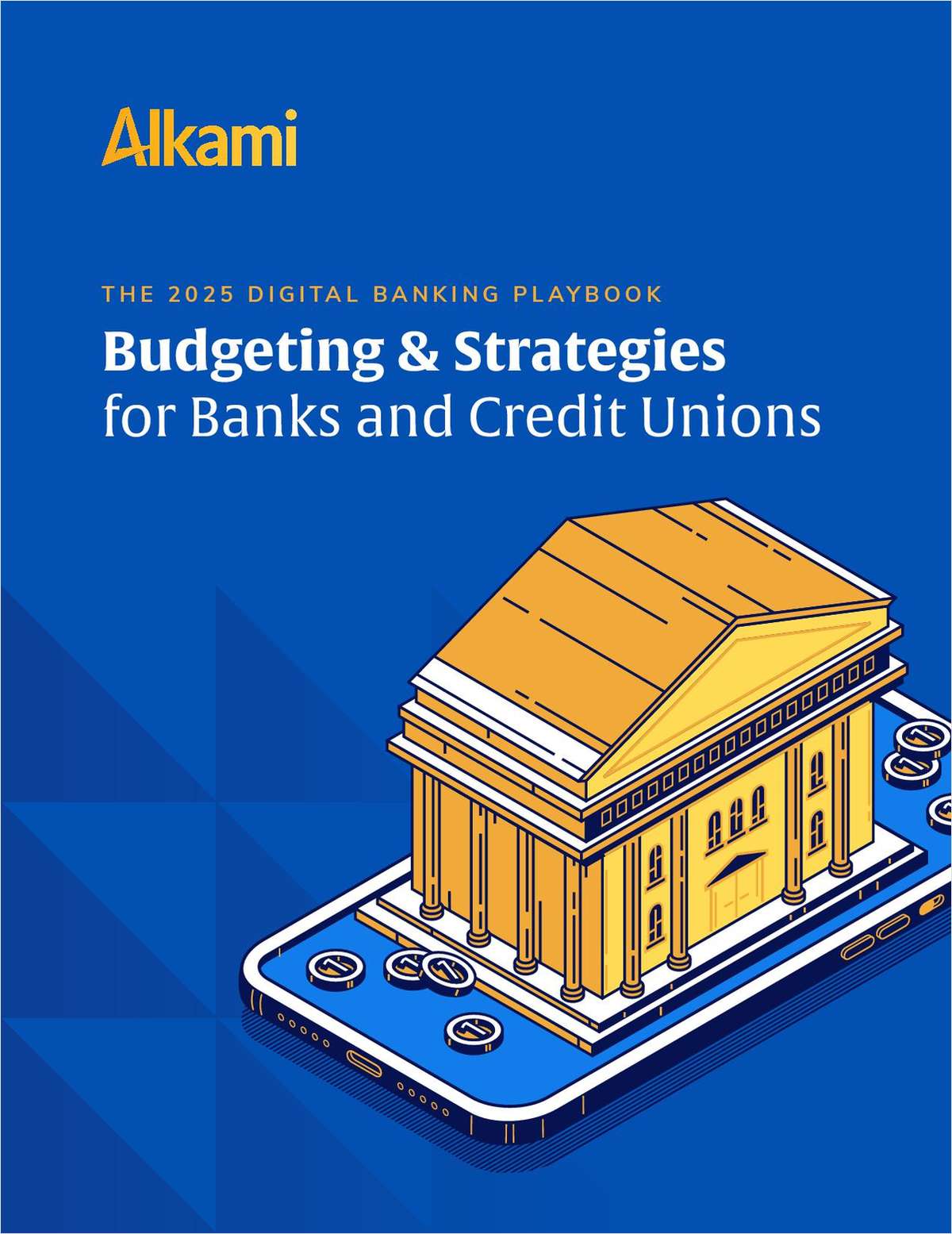I always enjoy Paul Gentile's columns and I especially enjoyed his recent column about paying directors (CU Times, Aug. 8). I believe it is a subject that should be openly and vigorously discussed.
By way of background, I began my credit union involvement as an unpaid credit union director 26 years ago in Australia. I was a director in Australia for 23 years before moving to live in the United States three years ago. For half my time as a credit union director I was unpaid and for the other half I was paid. I also served on two other nonprofit boards for many of those years–one paid and one unpaid. Since moving to the U.S., I have closely studied the credit union system and have presented, trained and consulted on credit union board governance issues in over 40 states.
I understand and share Gentile's frustration with the current state of board governance standards in this country and I agree that something needs to be done. However, I strongly believe that introducing a system to pay directors in itself will not change anything. Given my experience, as a standalone initiative it would most likely make things worse.
Board governance standards in Australian credit unions are significantly higher than in the U.S. However, in my view this is not as a result of paying directors. It is as a result of programs to improve board governance policies and practices. The impetus for these changes came about through board initiatives and regulatory changes.
If you simply start paying directors without introducing widespread governance reform, existing directors who should move aside to allow bright new young directors to move in, will want to stay to enjoy the new (as well as the old) rewards.
When I became a director in the late 90s, the board governance standards were as bad as you could imagine. Over time, I convinced the other directors to introduce a comprehensive governance improvement program, which resulted in younger, more dynamic directors and with leading edge governance policies and practices. All this was achieved without paying directors.
Convincing directors to introduce modern board composition and succession policies, director performance assessment policies and other governance improvement initiatives is a challenge. Identifying new young directors is also a challenge. However, I see some credit unions and many other not for profit organizations doing this and doing it well. It can be done without paying directors.
I agree that the current system is not sustainable. However, if directors are to be paid, I would strongly argue that it should only occur after a comprehensive governance reform program has been completed.
Mark Lynch CUDE, DUDE
Credit Union Consultant & Presenter
Sault Ste. Marie, Mich.
Complete your profile to continue reading and get FREE access to CUTimes.com, part of your ALM digital membership.
Your access to unlimited CUTimes.com content isn’t changing.
Once you are an ALM digital member, you’ll receive:
- Breaking credit union news and analysis, on-site and via our newsletters and custom alerts
- Weekly Shared Accounts podcast featuring exclusive interviews with industry leaders
- Educational webcasts, white papers, and ebooks from industry thought leaders
- Critical coverage of the commercial real estate and financial advisory markets on our other ALM sites, GlobeSt.com and ThinkAdvisor.com
Already have an account? Sign In Now
© 2025 ALM Global, LLC, All Rights Reserved. Request academic re-use from www.copyright.com. All other uses, submit a request to [email protected]. For more information visit Asset & Logo Licensing.









